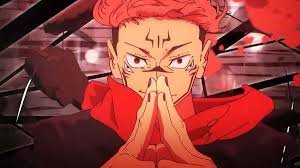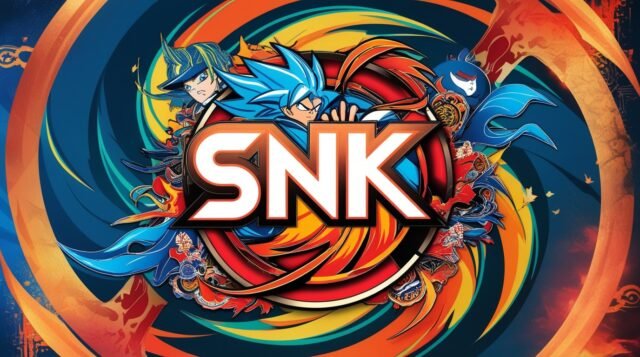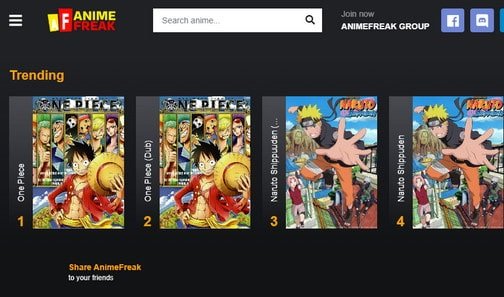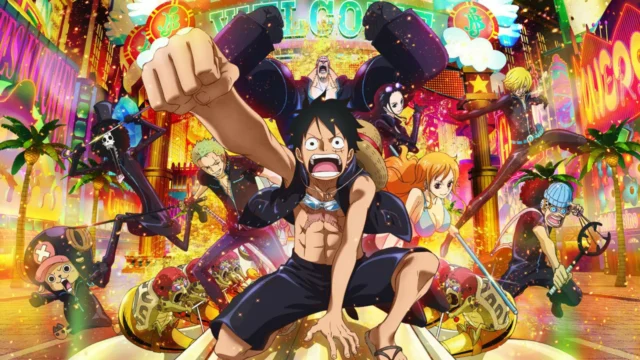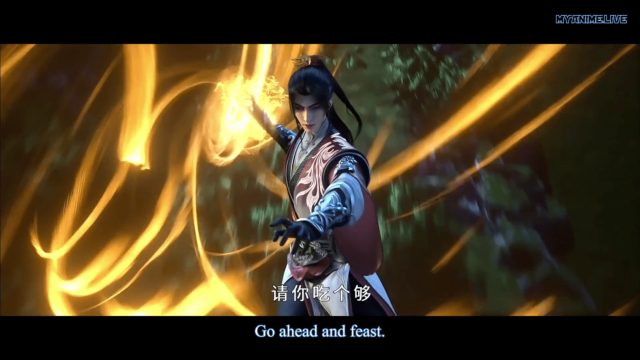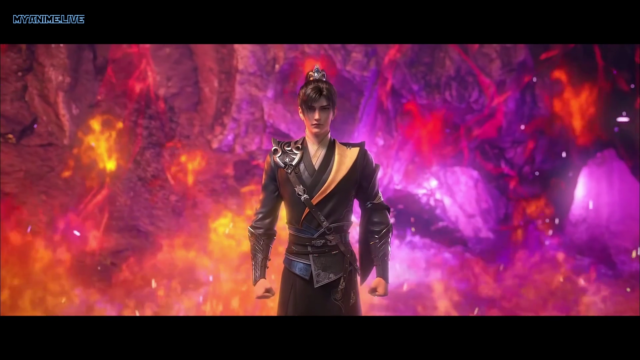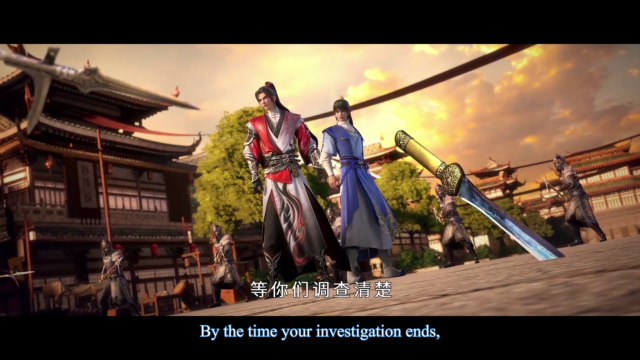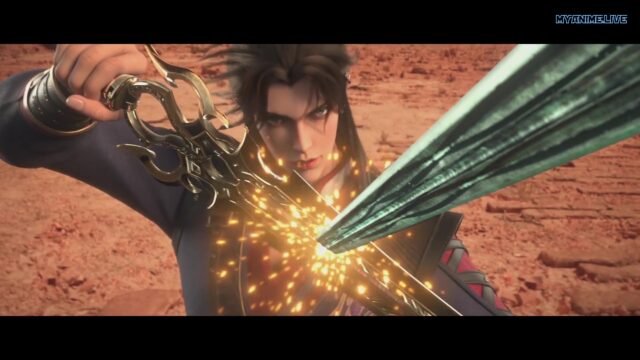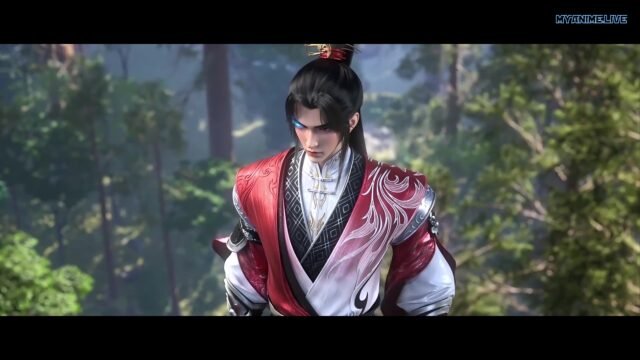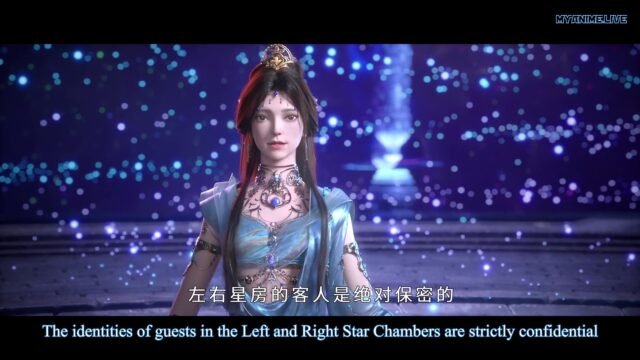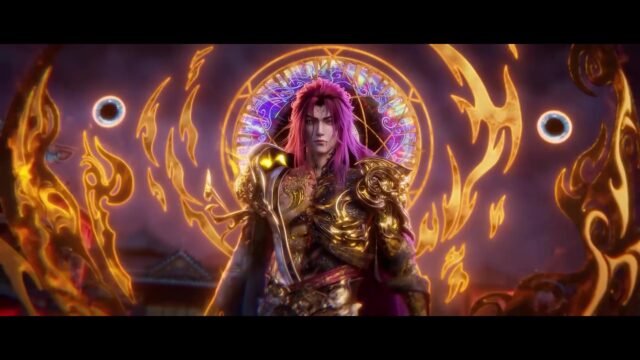Ryomen Sukuna jjk isn’t just another shonen antagonist—he’s a force of nature. As Jujutsu Kaisen’s “King of Curses,” Sukuna dominates the narrative not just through raw power, but through psychological complexity, mythological depth, and a chilling philosophy that challenges the series’ core themes. Let’s dissect why this Heian-era demon continues to captivate fans and redefine villainy in modern anime.
🔥 Origins: Myth, History, and a Twisted Legacy
Sukuna’s design isn’t random; it’s rooted in real Japanese folklore. The Nihon Shoki (720 AD) describes a two-faced, four-armed demon terrorizing Hida Province—a being so feared he was later worshipped as a deity. Gege Akutami masterfully adapts this lore, transforming Sukuna into a sorcerer who transcended humanity through cannibalism (consuming his twin in the womb) and cursed energy mastery .
- The Heian Era Reign: In jujutsu’s “golden age,” Sukuna slaughtered elite squads like the Fujiwara Clan’s “Stars, Sun, and Moon,” solidifying his reputation as history’s strongest sorcerer. His brutality was so legendary that modern sorcerers still speak of him in hushed dread .
- Cursed Object Gambit: To cheat death, Sukuna split his soul into 20 indestructible fingers—a plan orchestrated with Kenjaku. This act made him a timeless threat, waiting centuries for a vessel strong enough to hold him .
🧠 Psychology: The Anatomy of a Sadist
Sukuna’s personality is a cocktail of contradictions:
- Hedonistic Tyrant: He lives by one rule: “I eat when I want, play with what amuses me, and kill whoever’s in my way” . His reincarnation scene in Episode 1 epitomizes this—gleefully declaring women and children “maggots” to be slaughtered .
- Battle Intellectual: Despite his bloodlust, Sukuna is a tactical genius. He doesn’t just overpower foes; he studies them. Examples: sparing Megumi after recognizing his Ten Shadows potential and manipulating Yuji into a binding vow .
- Social Darwinist: He scorns empathy, viewing weakness as a sin. His rage toward Yuji stems from their ideological clash: Sukuna sees Yuji’s compassion as delusional, calling it “deeply unpleasant” that a “weakling” rivals him through will alone .
“Love is worthless. I’ve never needed anyone to satisfy me.”
— Sukuna to Kashimo
⚔️ Powers: Beyond “Cleave” and “Dismantle”
While his slashing techniques are iconic, Sukuna’s true power lies in versatility:
- Domain Expansion: Malevolent Shrine: Unlike modern domains, Sukuna’s requires no barrier, allowing it to devastate entire city districts (as seen in Shibuya). Its guaranteed-hit effect ignores conventional defenses .
- Fire Arrow: A technique reserved for worthy foes like Jogo, revealing Sukuna’s hidden depths. Its exact mechanics remain mysterious, symbolizing his untapped potential .
- Soul Manipulation: His ability to hop between vessels (Yuji → Megumi) defies jujutsu norms. This isn’t just strength—it’s profound understanding of cursed energy’s fundamental laws .
🔄 Relationships: The Puppeteer of Pain
Sukuna’s interactions reveal his nihilistic worldview:
- Yuji Itadori: More than a vessel, Yuji is Sukuna’s ideological antithesis. Their shared blood (Sukuna’s twin is Yuji’s grandfather) deepens their enmity. Sukuna hates that Yuji imprisons him, forces him to witness mundane humanity, and refuses to break .
- Megumi Fushiguro: Sukuna’s interest in Megumi is strategic. The Ten Shadows Technique—especially Mahoraga—is key to his plans. His possession of Megumi wasn’t opportunistic; it was calculated over years .
- Uraume: His lone subordinate, whom he treats with casual respect. Their dynamic hints at Sukuna’s capacity for loyalty when served on his terms .
📜 Narrative Impact: Why Sukuna Elevates Jujutsu Kaisen
- Subverting Shonen Tropes: Unlike redeemable villains, Sukuna is unapologetically evil. His defeat won’t come through friendship—but through sheer force .
- Thematic Catalyst: He embodies the series’ exploration of power’s corruption. As Gojo’s dark mirror, their rivalry questions whether strength inevitably isolates .
- Moral Ambiguity: Post-Shibuya, Sukuna’s philosophy gains unsettling nuance. In the Culling Game, he admits past regrets, suggesting even he isn’t immune to introspection .
“I owe you a debt, Gojo. When I make this kid’s body mine, you’ll be the first I kill!”
— Sukuna’s chilling vow
❓ FAQ: Unraveling Sukuna’s Mysteries
Q: Is Sukuna stronger than Gojo?
A: Historically, Sukuna is dubbed the “strongest sorcerer”, while Gojo is the modern era’s peak. Their Shinjuku clash ended ambiguously, but Sukuna’s adaptive genius and broader arsenal (e.g., Ten Shadows + fire techniques) suggest a slight edge .
Q: Why did Sukuna choose Megumi?
A: He recognized Megumi’s untapped potential early, calling him a “menace” if fully realized. The Ten Shadows Technique—especially Mahoraga—was key to countering Gojo’s Limitless .
Q: What is Sukuna’s end goal?
A: Pure anarchy. He seeks freedom to indulge his desires: battle, destruction, and proving his supremacy. The Culling Game’s merger is less a plan than a spiteful experiment against Yuji .
Q: Can Sukuna be redeemed?
A: Unlikely. His soul admits past regrets (“I would have chosen differently if not for fear”), but he embraces his nature. Redemption undermines his core philosophy: “I live as befits my nature” .
Q: Why doesn’t Sukuna understand love?
A: His upbringing bred nihilism. Abandoned and feared, he views connection as weakness. Yorozu’s attempt to “love” him was met with disdain—he values only strength and utility .
💎 Conclusion: The Unforgettable Curse
Sukuna isn’t just JJK’s villain—he’s its dark heart. His mythological roots, psychological complexity, and role as Yuji’s shadow self make him a benchmark for modern antagonists. In a genre often criticized for shallow villains, Sukuna forces us to confront a terrifying truth: some evils aren’t born from tragedy, but from the joy of domination. As the final arcs unfold, one thing is certain: his legacy will haunt jujutsu—and anime—long after his defeat .
“Know your place… amusing insect.”
— Sukuna’s mantra, and his warning to us all.

